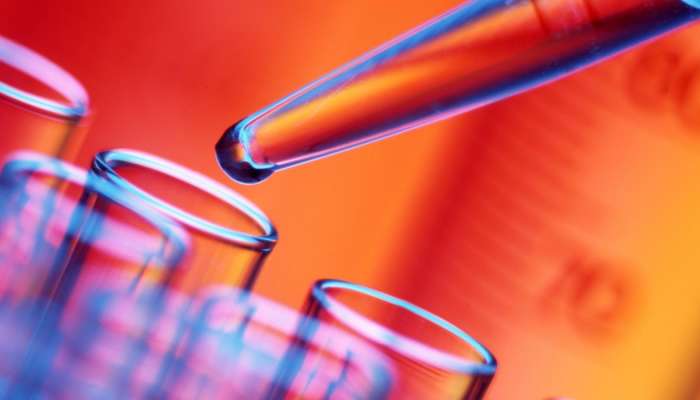

A testing program shows a string of new psychoactive substances in widespread use across the globe. Scientists believe criminals are developing substances slightly altered from illegal drugs to stay ahead of the law.
Sydney: An Australian-led team found new psychoactive chemicals — with similar effects to known street drugs — in wastewater from 16 countries, new research shows..
The substances are drugs adapted to mimic the effects of established illicit drugs while evading legal restrictions that, in many countries, are tied to specific substances and chemical compositions.
What the team discovered
The University of Queensland-led team analyzed samples in 47 cities in Europe, the United States, Canada, New Zealand, Australia, China, Brazil and South Korea over three consecutive New Year periods from 2019 to 2022.
They detected 18 new substances that were analogous to mind-altering street drugs but with slight alterations to their chemical structure.
"These substances are synthesized to replace banned substances, which means they have a slightly different molecular structure to stay ahead of the law," Bade said.
"They are generally manufactured in smaller quantities than traditional illicit drugs, making it difficult for law enforcement to control the circulation."
What types of substances were they?
The survey showed so-called new psychoactive substance (NPS) use across the globe, but uncovered strong regional trends.
Synthetic cathinones — chemically related to the cathinone stimulant found in the khat plant — were the most prevalent class of NPS. One such chemical, 3-methylmethcathinone, was found in particularly high levels in Europe — especially in Spain and Slovakia. It was only found in Europe the first year, but spread to North American and Oceania subsequently.
Also prominent were phenethylamines, which can have a similar effect to amphetamines, and designer benzodiazepines.
The team found seven new psychoactive substances in Australia alone — mephedrone, ethylone, and eutylone — which all have a similar effect to ecstasy or cocaine.
In the United States, the plant-based painkiller mitragynine was found in particularly heavy loads. The US Food and Drug Administration has repeatedly warned of the dangers of the plant, kratom, but mitragynine is not currently federally regulated.